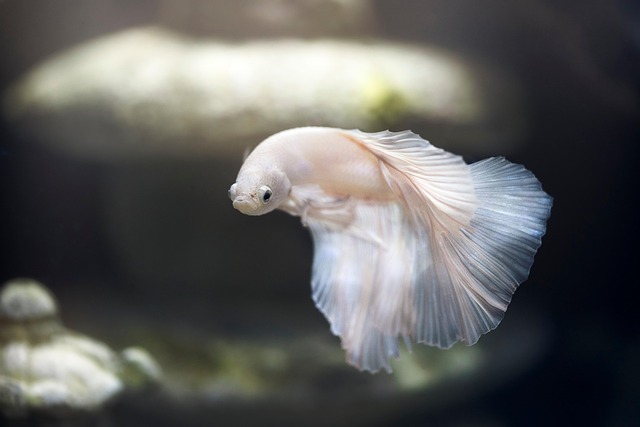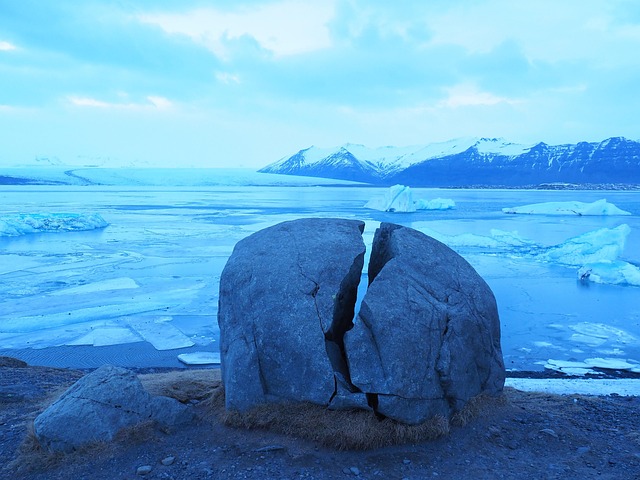As we dive deeper into the pressing issue of climate change, one of the most alarming areas of concern is its impact on our oceans and the myriad of fish species that call them home. The rising temperatures and melting ice caps contribute significantly to the degradation of marine ecosystems, disrupting delicate balances that have existed for centuries.
The ocean absorbs roughly 30% of the carbon dioxide emitted by human activities, leading to ocean acidification. This gradual change in the water’s chemistry has a detrimental effect on shellfish and coral reefs, essential habitats for many fish species. Without healthy reefs, fish populations struggle to find food and shelter, further compounding the issues they face in a warming world.
In addition to acidification, warmer waters are driving fish species to deeper, cooler areas, altering migration patterns and breeding habits. As fish seek refuge from rising temperatures, the global fishing industry is grappling with the consequences of these shifts. Fishermen find themselves confronting dwindling catches in traditional fishing grounds, resulting in economic hardships for communities reliant on this vital resource.
Moreover, the melting of polar ice caps endangers species like the Arctic cod and the Antarctic krill, which serve as crucial food sources for larger marine animals. As their habitats change, the entire food chain is impacted, leading to cascading effects throughout the ecosystem. This disruption puts immense pressure on various fish species, many of which are vulnerable or endangered.
The urgency of the situation demands global action. Sustainable fishing practices and the establishment of marine protected areas are essential to safeguarding fish populations and their habitats. We must embrace rigorous policies aimed at reducing carbon emissions and curbing global warming to ensure the health of our oceans and the countless species they support.
Every one of us has a role to play in advocating for a healthier planet. Reflecting on our own consumption habits, supporting local fisheries that practice sustainability, and raising awareness about climate change can help protect marine life. As the ice melts and the future of fish hangs in the balance, it is our responsibility to champion the preservation of our oceans for generations to come.



